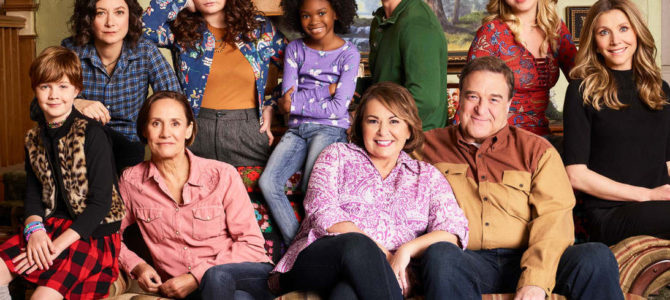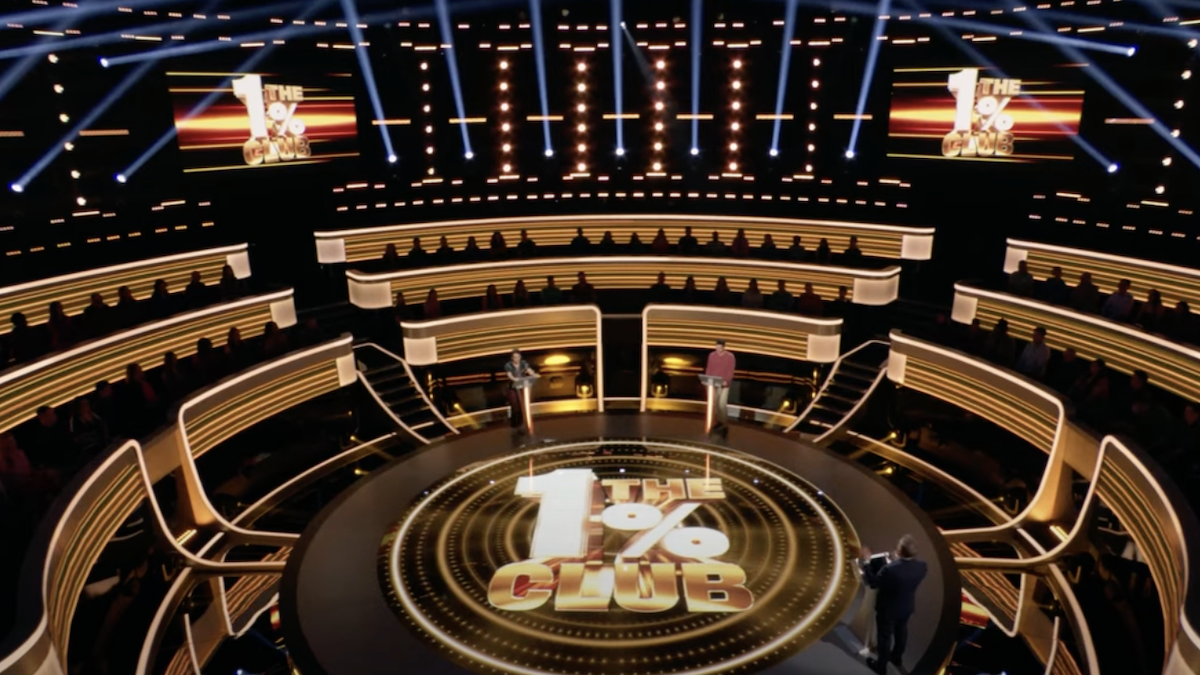ABC’s reboot of “Roseanne” premiered on Tuesday night and pulled in 18.2 million viewers, garnering an impressive 5.1 rating in the 18 to 49 demographic. To put this in context, the show was the highest rating comedy in that demo since 2014, and the highest rating scripted show not to have the Super Bowl lead-in in years. “Roseanne” was especially popular in the middle of the country.
Most of the coverage I’ve read about the premier has been infused with a sense of amazement. I’m not sure why. The original “Roseanne,” which portrayed working-class life with a bit more grit than any of the faux blue-collar shows, was always popular. Add to that the uniqueness of a sitcom featuring a pro-Trump star, and it was almost surely going do well. This might shock some people, but lots of Americans are exhausted by the relentless moralizing of the entertainment class.
But I’m still not sure why we should consider “Roseanne” a “culture war” show, and not, say, “Will & Grace” or “Modern Family,” or, for that matter, any of the dozens of TV shows that celebrate liberal conceptions of American life? My guess is that in the eyes of most producers, those portrayals are viewed as the preferred norm, pure and true and apolitical, while others are seen as disagreeable, angry and thus partisan. Maybe this will start to change that dynamic.
Despite the hype, though, the truth is that the two-episode premiere of “Roseanne” didn’t really feel that political, at all. There was some inoffensive, anti/pro Trump banter throw back and forth between Roseanne and Jackie, which is a reflection of what many families went through the past couple of years. One assumes some iteration of that debate is constantly tearing families apart. Soon, we learn that real irritation between sisters is driven by a sibling rivalry rather than any partisan dispute. This too, is probably more common than not.
Ben Shapiro argues that “Roseanne’s character is pro-gay-marriage, pro-abortion, feminist, and pro-transgenderism — and the implication is that she is a good person because of these views. The real difference between Trump voters and Hillary voters are economic in nature, not cultural.”
I tend to think Shapiro is right, in general, about depictions (or the lack of depictions) of social conservatism. (Though, as Jonah Goldberg has pointed out, characters on major shows reaffirm social conservative views on life by almost always portraying pregnancy as something to celebrate.) So while “Roseanne” isn’t a conservative show, it’s still a refreshing one. It offers an imperfect-but-sympathetic view of both working-class Americans — as something other than slack-jawed yokels or members of sociopathic criminal clans — and of Trump voters, who, one imagines, would be depicted as uncompassionate bigots, if they were depicted at all. It’s a small miracle, really.
The Conners are uneducated, but they’re also smart. They work hard — the 65-year-old Dan still has drywall on his fingers — and yet they struggle with misfortune. Roseanne is a show about populists — and perhaps traditionalists — but not about ideologues or social conservatives. Like most people, the Connors aren’t burdened by the weight of philosophical consistency.
Still, the first two episodes weren’t only about economics. First we find out, in a sort of non-judgmental way, that Dan is a gun owner. In one scene, Roseanne seems to wrestle with the platitude of “her body, her choice” when talking about the prospects of creating another human being. How many shows engage in that kind of moral questioning? How many shows engage in it without liberal preening? And if anything, the storyline featuring the flamboyantly dressed grandson, Mark, was a lesson in compassion. It seems weird to say this about a sitcom, but I found the discussion surrounding the gender-bending boy far more realistic than the ones I see play out on social media most of the time.
Of course, “Roseanne” isn’t “The Godfather.” It’s a sitcom. Its habit of foisting every single contemporary problem on the Connors can become stilted at times. But if featuring a pro-Trump character on a show makes it part of the ‘culture war,’ it only proves television is hopelessly politicized.









